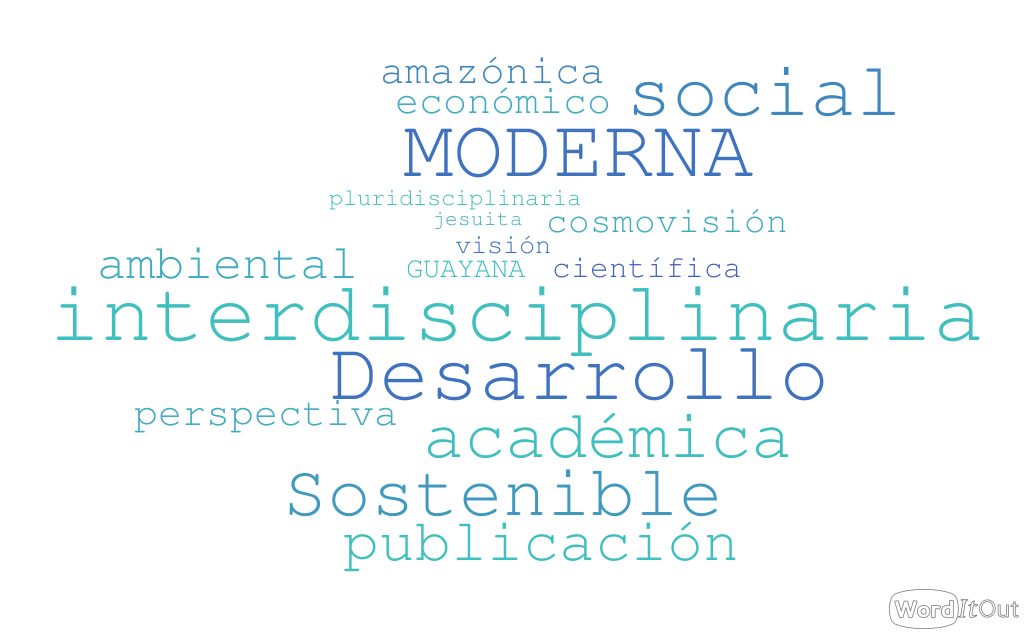EMPLOYABILITY COMPETENCES, THE CHALLENGE OF ENTREPRENEURS IN THE NEW WORK TRENDS (STARTUP)
DOI:
https://doi.org/10.1234/gm.v6i6.5307Abstract
The purpose of this research was to study the different employability competencies that should characterize the Venezuelan entrepreneur in the new Startup work trends, such as an Executive Director (CEO), in his role as leader, developing and organizing successful business projects that are at hand. at the forefront of innovations found in today's dynamic job market. In addition to showing the evolution or changes that these skills have entailed over time and that had been handled in the traditional field of the labor market, to show those that have developed through the emergence of determining factors such as technological revolutions and the globalization of the economy, giving way to new forms of work or Startup businesses. Likewise, a series of interviews were conducted with different Venezuelan CEO entrepreneurs that allowed to deepen and learn about the birth of their ventures, their management philosophy, the strategies they used to innovate and the opportunities they observed within the Venezuelan market. As the main objective of the research, a profile of employability competences was determined, which was constituted in three categories, the first phase being that related to the general employability competencies associated with the educational field, the second phase the entrepreneurial behavioral competencies, and finally the third phase the technical or functional competencies of the CEO director or Startup entrepreneur.
Keywords: Skills, Employability, Entrepreneurship, Startup, CEO








